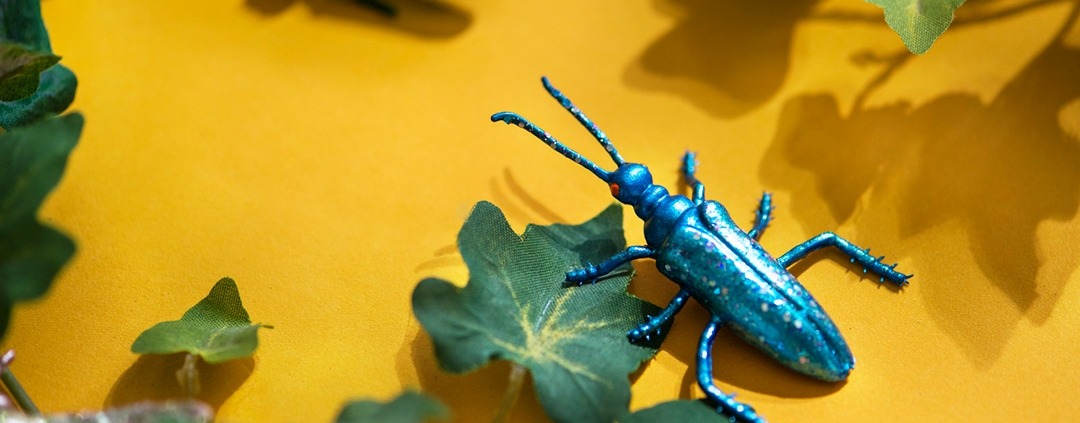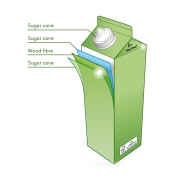Are bioplastics the next big thing for packaging?
Bioplastics, not to be confused with biodegradable plastics, are a relatively new field within the South African plastics industry. There are many types of bioplastic that can fulfill different applications and uses. It is important to remember that the term “bioplastics” does not necessarily mean biodegradable or compostable.
Bio-based plastics are not always biodegradable and biodegradable plastics are not always bio-based – although in many cases, they are. Bioplastics simply mean that the main source of raw material is natural and plant-based. They are not made from fossil fuels and oil, which means that bioplastics have the potential to be carbon-neutral materials.
Can bioplastics solve the problem of litter?
While the use of bioplastics won’t actually solve the problem of littering, they are better for the environment should they be discarded irresponsibly. Every single human has a responsibility to avoid littering and illegally dumping their waste. Instead, waste should always be placed in a refuse bin or in a recycling bin.
Many bioplastic products are biodegradable. If these items are dumped in the environment and if oxygen is present, they can be decomposed with microorganisms without producing harmful byproducts during the decomposition process. If no oxygen is present, then the microorganisms will produce methane gas.
The process of biodegradation often requires certain environmental conditions to be present; the right temperature, presence of oxygen and microorganisms, enough humidity, etc. Bioplastics and biodegradability should never be an excuse to litter.
It is important that people remain conscious of the impact of their waste on the environment. No matter what type of waste material – whether it is paper, glass, metal or plastic – responsible waste disposal is the first step in removing litter and pollution from the environment.
Can bioplastics be recycled?
Recycling in South Africa and around the world requires different plastic polymers to be separated from one another. Bioplastics will also have to be separated from the waste stream and recycled with their conventional counterparts. For example, bio-based PET bottles can be recycled with oil-based PET plastic.
The only snag comes with biodegradable and compostable plastics. There is currently no separate recycling stream for post-consumer biodegradable or compostable plastics in South Africa. Only the bio-based conventional materials such as bio-PET and bio-PE-HD can be processed currently. There is still much research and development that needs to be done before bioplastics become a popular packaging material.
___
Plastics SA represents all sectors of the South African plastics industry. Together with our associations, we play an active role in the growth and development of the industry and strive to address plastics related issues, influence role-players and make plastics the material of choice.
Plastics SA has been mandated to ensure a vibrant and sustainable plastics industry in South Africa. The plastics sector is uniquely placed to meet the needs of a sustainable society and to deliver solutions to many challenges such as recycling, climate change, water scarcity, resource usage and energy recovery.
For more news, updates and information on the South African plastics industry, follow us on Facebook, Twitter, Instagram, YouTube, LinkedIn and Pinterest.










Leave a Reply
Want to join the discussion?Feel free to contribute!